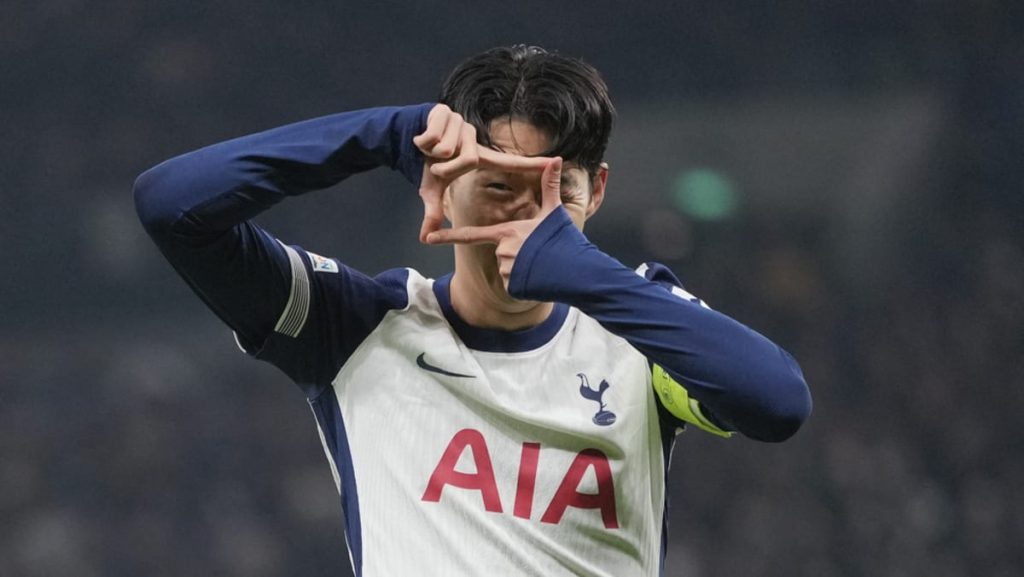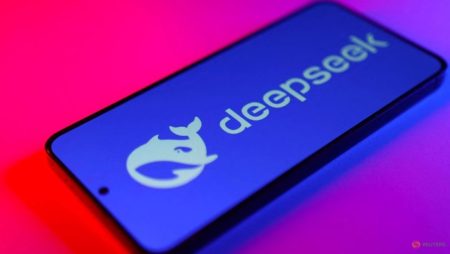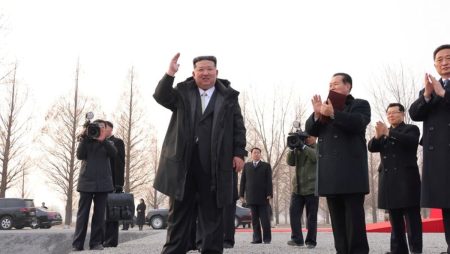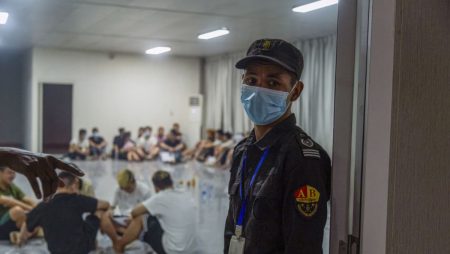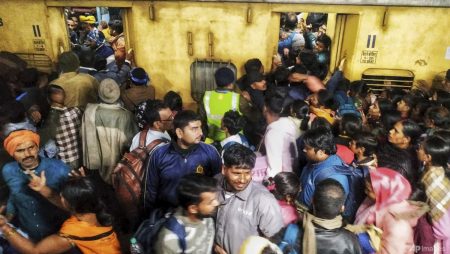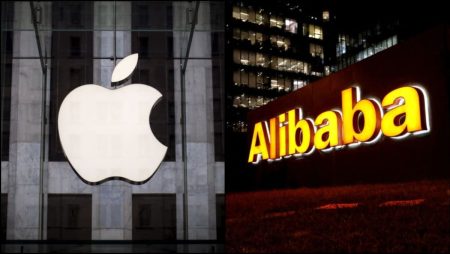North Korea’s Media Landscape: A Fortress of Censorship
North Korea is renowned for its stringent media censorship, creating one of the most controlled information environments globally. The state tightly regulates all forms of media, ensuring that citizens are exposed only to content that aligns with the government’s ideological agenda. Foreign content, in particular, is heavily restricted, as the regime seeks to insulate its population from external influences. This censorship extends to entertainment, news, and even sports, making North Korea’s media landscape one of the most isolated in the world. However, amidst this rigid control, football has carved out a unique exception, offering a rare glimpse of the outside world to the North Korean people.
Football: A Rare Exception in North Korea’s Media
Football, or soccer as it is known in some parts of the world, holds a special place in North Korea’s media landscape. The sport has been celebrated in the country since 1966, when the North Korean national team made history by becoming the first Asian team to advance from the group stages of the FIFA World Cup. This achievement not only elevated the sport’s popularity but also cemented its place as one of the few areas where North Koreans can engage with global culture. Among the various international football competitions, the English Premier League (EPL) has gained significant traction, with matches being broadcast on Korean Central Television (KCTV). However, the EPL coverage in North Korea is far from typical, reflecting the country’s unique approach to media and propaganda.
The English Premier League on North Korean Television
The EPL, one of the most watched sports leagues in the world, has found an unlikely audience in North Korea. Korean Central Television (KCTV), the state-run broadcaster, airs select EPL matches, providing North Korean viewers with a rare opportunity to watch international football. However, the coverage is heavily curated and differs significantly from what fans in other countries experience. For instance, certain clubs are conspicuously absent from KCTV’s broadcasts. Teams like Tottenham, Wolves, and Brentford are rarely, if ever, featured, and the common factor linking these clubs is their association with South Korean players. Tottenham’s Son Heung-min, one of South Korea’s most celebrated footballers, has been particularly prominent in recent years, yet his team’s matches are notably absent from North Korean television. This exclusion appears to be part of a broader pattern, as the regime avoids showcasing athletes or teams with ties to South Korea, reflecting the tense political relationship between the two nations.
Delayed and Edited Coverage: The North Korean Way
The EPL coverage in North Korea is not only selective but also delayed. For the 2023-24 season, KCTV began broadcasting matches on January 13, more than five months after the season had kicked off. The first match shown was Ipswich’s 2-0 loss to Liverpool, a game that originally took place on August 17, the opening weekend of the season. This delay is not unusual, as North Korea often airs international content long after its initial release. Additionally, the broadcasts are heavily edited, with matches condensed from their standard 90-minute duration to just 60 minutes. Foreign punditry and commentary are entirely absent, further localization of the content. The method by which KCTV obtains EPL footage remains unclear, as the broadcaster does not hold official rights to the competition. This lack of transparency has led to speculation about the source of the footage, with some suggesting that it may be acquired through unofficial channels.
Limited but Appreciated: The North Korean Football Fan Experience
Despite the delays, edits, and limited selection of matches, football remains a popular and cherished part of North Korean media consumption. For many viewers, the opportunity to watch international football is a rare treat, offering a brief respite from the constant stream of propaganda that dominates state television. According to a report by 38 North, a website analyzing North Korean affairs, the lack of overt messaging in sports coverage makes it one of the few times when viewers can enjoy content without being subjected to ideological messages. This relative freedom from propaganda may contribute to the enduring appeal of football in North Korea. Even with the restricted and delayed coverage, fans appear to appreciate the chance to connect with global football culture, even if it is mediated through the lens of state-controlled media.
The Champions League and the Limits of Football’s Global Appeal
Beyond the EPL, North Korea’s coverage of international football extends to other major competitions, including the UEFA Champions League. However, similar patterns of selectivity and delay apply. For instance, several matches involving Paris Saint-Germain (PSG) were not aired, likely due to the presence of South Korean player Lee Kang-in in the team. The only PSG match that was broadcast was its semi-final defeat to Borussia Dortmund, a decision that again highlights the regime’s sensitivity to South Korean connections. The Champions League final from the previous season was shown, but the coverage was neither timely nor comprehensive. These limitations underscore the challenges of delivering global football content in a highly controlled media environment. Despite these constraints, football remains a unique and important part of North Korea’s cultural landscape, offering fans a glimpse of the world beyond their borders.
Conclusion: Football as a Cultural and Political Tool in North Korea
The unique status of football in North Korea’s media landscape reflects the complex interplay between culture, politics, and propaganda in the country. While the regime maintains strict control over most aspects of media consumption, football has carved out a rare exception, providing North Koreans with a connection to global culture. The selective and delayed nature of EPL and Champions League coverage highlights the regime’s efforts to balance its desire to engage with international sports with its need to maintain ideological control. For North Korean fans, the limited and edited broadcasts offer a cherished opportunity to enjoy football, free from the overt propaganda that dominates most of the state’s media output. As such, football serves as both a source of entertainment and a subtle tool of cultural engagement, bridging the gap between North Korea and the rest of the world.





